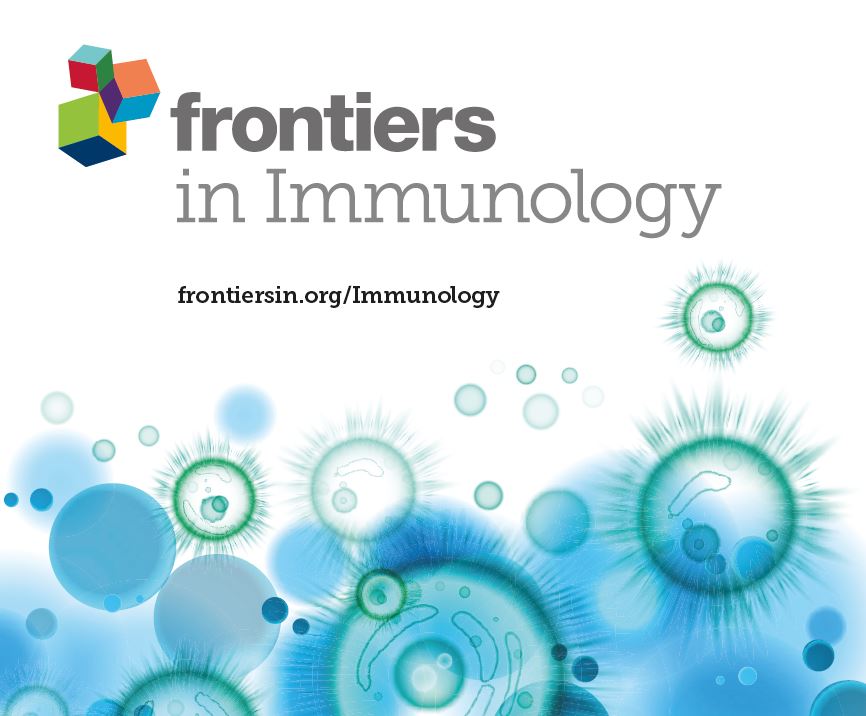Therapeutic potential of paeoniflorin in atherosclerosis: A cellular action and mechanism-based perspective.
Abstract
Epidemiological studies have shown that the incidence, prevalence and mortality of atherosclerotic cardiovascular disease (ASCVD) are increasing globally. Atherosclerosis is characterized as a chronic inflammatory disease which involves inflammation and immune dysfunction. P. lactiflora Pall. is a plant origin traditional medicine that has been widely used for the treatment of various diseases for more than a millennium in China, Japan and Korean. Paeoniflorin is a bioactive monomer extracted from P. lactiflora Pall. with anti-atherosclerosis effects. In this article, we comprehensively reviewed the potential therapeutic effects and molecular mechanism whereby paeoniflorin protects against atherosclerosis from the unique angle of inflammation and immune-related pathway dysfunction in vascular endothelial cells, smooth muscle cells, monocytes, macrophages, platelets and mast cells. Paeoniflorin, with multiple protective effects in atherosclerosis, has the potential to be used as a promising therapeutic agent for the treatment of atherosclerosis and its complications. We conclude with a detailed discussion of the challenges and future perspective of paeoniflorin in translational cardiovascular medicine.





